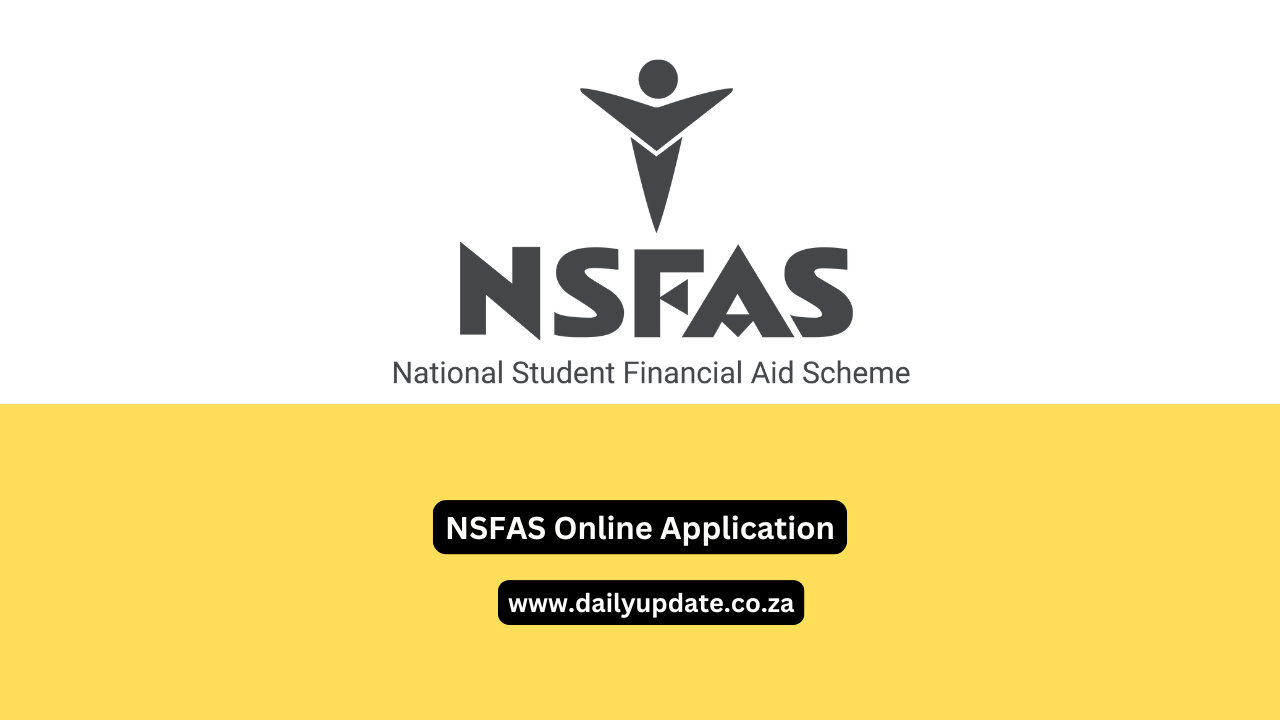NSFAS Eligibility Criteria Explained: Who Qualifies for Funding?
NSFAS Eligibility Criteria Explained: Who Qualifies for Funding?
The National Student Financial Aid Scheme (NSFAS) is designed to provide financial support to South African students who cannot afford to pay for their tertiary education. Understanding the eligibility criteria is crucial if you’re considering applying for this funding. Here’s a detailed breakdown of who qualifies for NSFAS and how to determine if you’re eligible.
1. Citizenship Requirement
- South African Citizens Only: NSFAS funding is exclusively available to South African citizens. Applicants must provide a certified copy of their ID or birth certificate as proof of citizenship.
2. Financial Need Requirement
NSFAS aims to support students from low-income and middle-income households. Applicants must meet the following income criteria:
- Household Income Threshold: The total household income must be R350,000 or less per year.
- Students with Disabilities: For students with disabilities, the household income threshold is R600,000 per year.
- SASSA Grant Recipients: If you or your family receive a SASSA grant, you automatically qualify for NSFAS.
3. Academic Requirements
Applicants must meet certain academic standards depending on the type of institution they wish to attend:
- University Applicants: Must have passed Grade 12 and meet the admission requirements of a public university.
- TVET College Applicants: Must have passed Grade 9 or higher and meet the entry requirements of a TVET college.
4. Institutional Requirement
NSFAS funding is only available for students studying at:
- Public Universities: This includes all South African public universities, such as the University of Cape Town, University of Pretoria, and others.
- TVET Colleges: Funding is available for students attending Technical and Vocational Education and Training (TVET) colleges.
Private institutions and part-time studies are not covered by NSFAS.
5. Course Eligibility
NSFAS covers a wide range of study programs, but there are specific guidelines:
- Undergraduate Degrees: Fully funded for first-time undergraduate students.
- Postgraduate Studies: Limited funding is available for specific fields like teaching (PGCE) and nursing. Other postgraduate programs are generally not covered.
6. Previous NSFAS Funding
- First-Time Applicants: If you have never received NSFAS funding, you are eligible to apply if you meet the criteria.
- Continuing Students: If you were funded in previous years, you must meet academic progression requirements to continue receiving funding.
- Rejected or Dropped Out: Students who dropped out previously and were funded may need to appeal or reapply, depending on the circumstances.
Who Is NOT Eligible for NSFAS?
- Students whose household income exceeds the stipulated threshold.
- Non-South African citizens, including permanent residents.
- Applicants already funded by other full scholarships or bursaries.
- Students studying at private institutions or pursuing short courses.
Final Thoughts
NSFAS is a powerful tool for making higher education accessible to disadvantaged South African students. By meeting the financial, academic, and institutional criteria, you can secure the support you need to pursue your academic dreams. If you’re unsure about your eligibility, visit the NSFAS website or consult your institution’s financial aid office for guidance.

